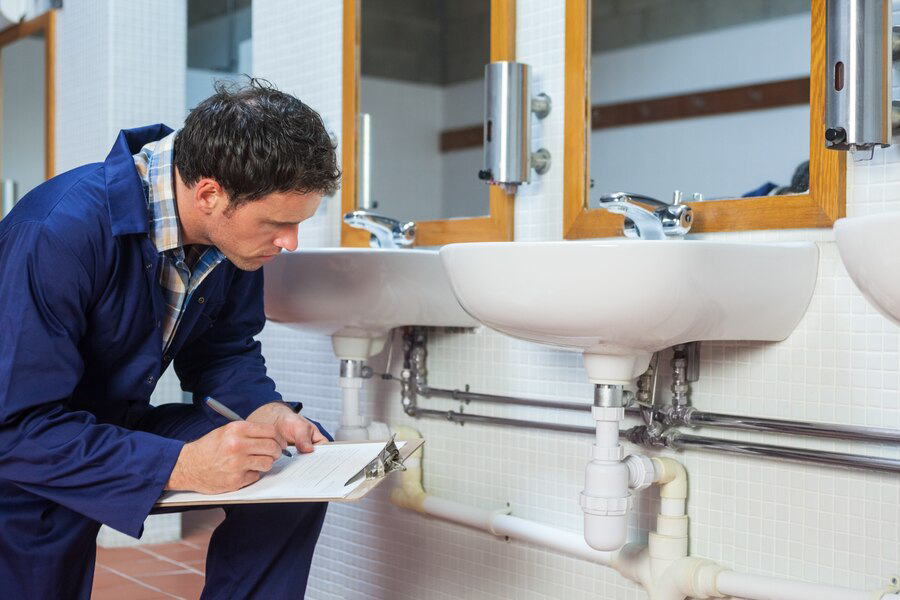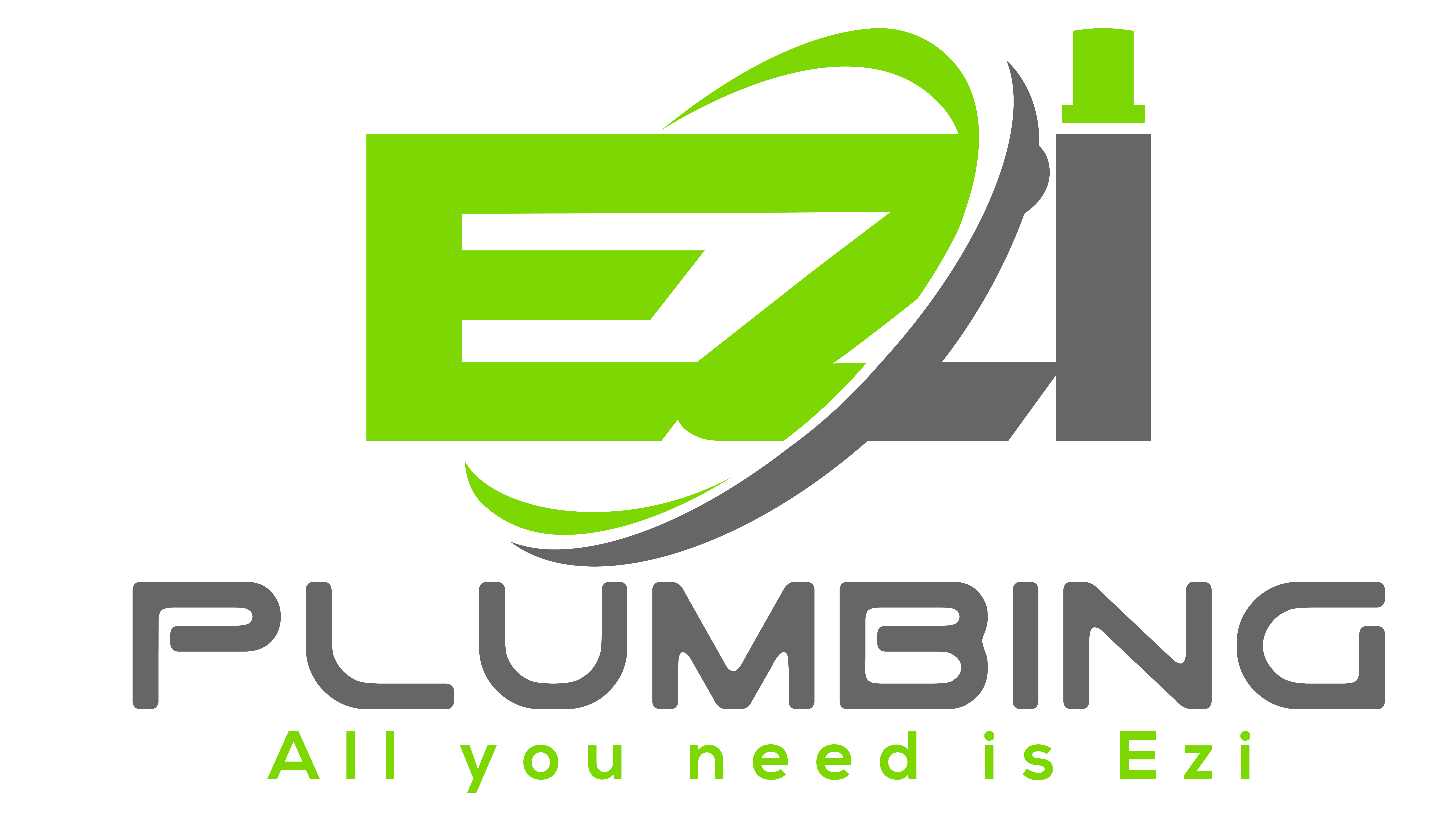Plumbing emergencies can be a nightmare. From burst pipes to sudden leaks, the stress and potential damage they cause are enough to make anyone’s day miserable. However, many of these crises can be avoided with some proactive measures. In this blog, we’ll dive into practical steps you can take to prevent plumbing emergencies and ensure your home’s plumbing system runs smoothly.
Understanding Common Plumbing Issues
Understanding common plumbing issues is crucial for effective prevention. Leaky faucets and pipes are frequent problems, typically caused by worn-out washers, loose connections, or corrosion over time. These leaks can lead to water waste and potential damage if not addressed promptly. Clogged drains are another prevalent issue, often resulting from the accumulation of hair, grease, and debris, which can cause blockages and slow drainage.
Burst pipes are a serious concern, particularly in freezing temperatures or when there’s excessive pressure build-up. This can lead to significant water damage and costly repairs. Additionally, water heater failures can disrupt daily routines, with issues in heating elements or tank leaks leading to a lack of hot water or potential leaks. Addressing these issues proactively can prevent major plumbing emergencies and maintain a well-functioning system.

Regular Maintenance Checks
One of the most effective ways to avoid plumbing emergencies is through regular maintenance. Scheduling professional inspections and performing routine checks can catch issues before they escalate.
Inspect Pipes and Fixtures
Regularly examine exposed pipes for any signs of leaks, rust, or physical damage. Look for water stains, corrosion, or unusual dampness. Ensure that fixtures such as faucets and toilets are functioning properly, and check for any signs of wear or malfunction. Early detection of these issues can prevent more severe problems.
Clean Drains
Prevent clogs by using strainers in sinks and showers to capture hair, food particles, and other debris. Regularly clean these strainers to maintain proper drainage. Avoid disposing of grease, coffee grounds, or other materials down the drain, as they can solidify and create blockages over time.
Flush Water Heater
Over time, sediment can accumulate in your water heater, affecting its efficiency and lifespan. To maintain optimal performance, flush the tank every six months to remove these deposits. This simple maintenance task can help prevent issues such as reduced heating efficiency and extend the life of your water heater.
Test Shut-Off Valves
Ensure that all shut-off valves in your plumbing system are easily accessible and function correctly. Regularly test these valves to confirm they operate smoothly and can fully stop the flow of water. Properly functioning shut-off valves are essential for managing water flow during emergencies and preventing significant damage.
Preventing Frozen Pipes
Frozen pipes are a common winter issue that can lead to burst pipes and flooding. Here’s how to prevent them:
- Insulate Pipes: Use pipe insulation on any exposed pipes, especially in unheated areas like basements and attics. Foam pipe insulation is a cost-effective way to prevent freezing.
- Keep Heat On: Maintain a consistent temperature in your home, even if you’re away. If temperatures drop too low, the risk of pipes freezing increases.
- Let Faucets Drip: During extreme cold, allow faucets to drip slightly. This keeps water moving and reduces the risk of freezing.
- Seal Gaps: Seal any gaps around windows, doors, and where pipes enter your home. Cold air can contribute to freezing pipes.
Proper Drain Usage
Proper use of your drains is crucial to avoid clogs and other issues. Follow these tips to keep your drains in good condition:
Avoid Chemical Drain Cleaners
Chemical drain cleaners can be harsh on your pipes, causing deterioration and potential leaks over time. These cleaners can also harm the environment. Opt for natural alternatives like baking soda and vinegar or use a plunger to clear minor clogs safely and effectively, preserving your plumbing system.
Dispose of Grease Properly
Pouring grease down the drain can lead to serious blockages as it solidifies and sticks to pipe walls. Instead, collect grease in a container and dispose of it in the trash. This practice helps prevent clogging and keeps your plumbing system running smoothly without build-up issues.
Use a Drain Strainer
Installing a drain strainer in sinks and showers is a simple yet effective way to catch hair, food particles, and other debris before they enter your pipes. This preventative measure helps avoid clogs and keeps your drainage system functioning properly, reducing the need for more extensive cleaning or repairs.
Regularly Clean Your Drains
To maintain clear and fresh-smelling drains, use a mixture of baking soda and vinegar. This natural solution helps break down build-ups and neutralizes odors. Regular cleaning with this method prevents clogs and keeps your plumbing system running efficiently, promoting a healthier and more pleasant home environment.
Water Heater Care
Proper water heater care is essential for maintaining its efficiency and longevity. Start by setting your water heater to 120°F (49°C), which provides sufficient heat for daily needs while minimizing the risk of scalding. Regularly inspect the anode rod, which protects the tank from corrosion; replace it if it shows significant wear. Flushing the tank every six months helps remove sediment build-up, ensuring the heater operates efficiently and extends its lifespan.
Additionally, routinely check around the base of the water heater for any signs of leaks. Early detection of leaks can prevent major water damage and costly repairs. By following these maintenance steps, you can keep your water heater running smoothly and avoid unexpected issues.
Emergency Preparedness
Being prepared for plumbing emergencies can significantly reduce stress and damage when issues arise. First, ensure you know where your main water shut-off valve is located and how to operate it. This knowledge allows you to quickly stop the water flow during a crisis, minimizing potential damage. Additionally, keep a toolkit with essential plumbing tools like a wrench, plunger, and pipe sealant. These tools can help you handle minor problems before professional help arrives.
It’s also important to have contact information for a reliable plumber readily available. In an emergency, having a trusted professional’s number can expedite solutions. Lastly, document your plumbing system with schematics and maintenance history. This documentation aids in troubleshooting and repair, streamlining the resolution process.
Educate Your Household
Educating your household on basic plumbing practices and emergency procedures is crucial for preventing and managing plumbing issues. Start by teaching family members what can and cannot be flushed or poured down the drains. For instance, avoid flushing items like wipes, sanitary products, or grease, which can cause serious clogs.
Additionally, ensure everyone knows the location of the main water shut-off valve and understands how to operate it in case of a plumbing emergency. This knowledge allows quick action to stop water flow and minimize damage. By fostering awareness and preparedness, you can prevent many common plumbing problems and handle emergencies more effectively.
Avoid Costly Repairs with Proactive Plumbing Measures
Avoiding costly repairs starts with taking proactive measures for your plumbing system. Regular maintenance, such as inspecting pipes, cleaning drains, and flushing the water heater, can prevent common issues from escalating into expensive problems. Addressing small leaks, clogs, and other minor issues promptly helps avoid more significant damage and higher repair costs in the future.
Educating everyone in your household about proper plumbing practices and emergency procedures is also crucial. Knowing how to use shut-off valves and what not to flush or pour down drains can prevent many emergencies. By staying ahead of potential issues and being prepared, you can protect your home and avoid the stress and expense of major plumbing repairs.
Conclusion
Taking proactive steps to prevent plumbing emergencies can save from costly repairs and significant stress. Regular maintenance, proper usage of the plumbing system, and preparedness for potential issues are key to ensuring a home remains in good shape. Educating household members on essential practices and emergency procedures enhances overall preparedness. For professional assistance and peace of mind, EZI Plumbing in Valley Bay, AU, offers expert advice and services. Contact EZI Plumbing at 0448467788 for help with keeping a plumbing system running smoothly. Prioritizing these measures will ensure a well-maintained and efficient plumbing system.

